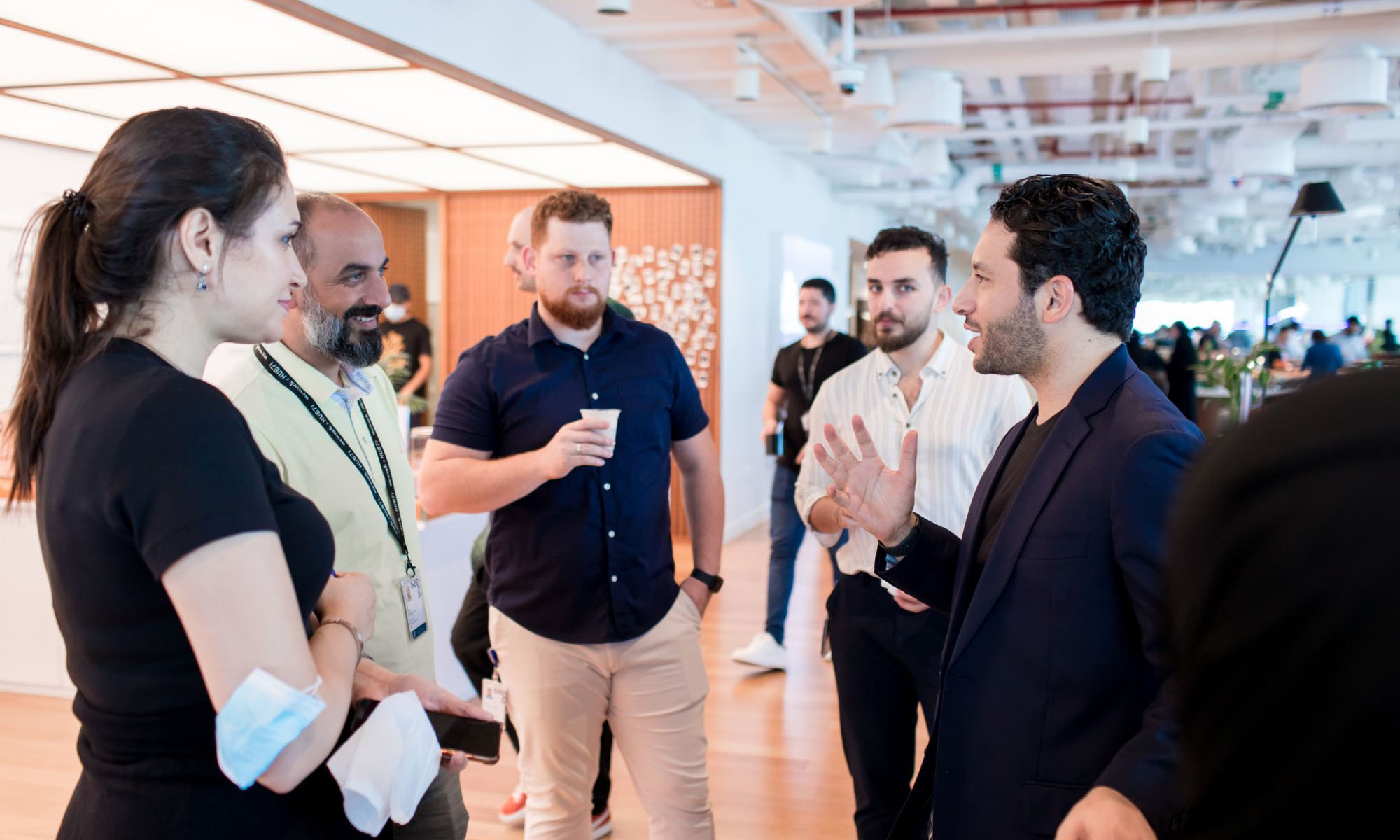News
Hub71’s Startup Ecosystem Now Boasts Over 200 Members
Companies from 6 individual countries have been welcomed by the Abu Dhabi-based tech ecosystem in the latest round of admissions.

Hub71, Abu Dhabi’s global tech ecosystem that assists creators in tech businesses, has grown its ranks to over 200 members. After a 60% increase in applications, an additional 20 firms were chosen to join the community, helping more startups than ever to maximize opportunities for funding and other business development in the UAE’s capital.
Entrepreneurs joining Hub71 gain access to huge networking potential within the ecosystem, which has now grown into a sizable community of tech entrepreneurs and attracted the attention of leading investors, as well as corporate, governmental, and academic partners.
Startups from six different nations have been welcomed to Hub71 in this latest round of admissions, and another 11 companies have relocated to Abu Dhabi after joining the growing community. The UAE is enjoying something of a tech renaissance of late, as it draws more and more top-flight companies from around the globe.
Also Read: How To Find The Best Remote Work Opportunities In The Middle East
“This success is a testament that Abu Dhabi is becoming a destination for high-quality startups that showcase great potential and impact,” says Badr Al-Olama, acting CEO of Hub71.
Among the companies chosen to join Hub71 is 44.01, an unusually-named business that aims to reduce carbon emissions by converting CO2 into rock. Adding to the community’s green credentials is Finland’s iFarm, which develops agricultural tech solutions to support automated vertical farming, highlighting the importance of cleantech and agribusiness development in the Hub71 portfolio.
News
Alienware Just Announced Six New Gaming Monitors
The new models include three QD-OLED and three budget-friendly QHD options, expanding the company’s lineup for all gamers.

Alienware has just updated its gaming monitor lineup with six new additions, including the highly anticipated Alienware 27 4K QD-OLED Monitor. The latest wave of releases is set to reach more gamers than ever, offering high-end QD-OLED displays alongside more budget-friendly options.
The latest displays clearly show that the company is doubling down on QD-OLED with three new models sporting the technology. A redesigned Alienware 34 Ultra-Wide QD-OLED Monitor is also making a return, further refining what is already a fan-favorite display.
A Unified Design: The AW30 Aesthetic
All six monitors feature Alienware’s new AW30 design language, first introduced at CES. The AW30 aesthetic brings a futuristic, minimalist look that unites the entire lineup under a cohesive visual identity.
Pushing QD-OLED Even Further
The refreshed Alienware 34 Ultra-Wide QD-OLED Monitor (AW3425DW) builds on its predecessor’s success with a 240Hz refresh rate (up from 175Hz) and HDMI 2.1 FRL support. It also gains G-SYNC Compatible certification alongside AMD FreeSync Premium Pro and VESA AdaptiveSync, ensuring ultra-smooth performance. With a WQHD (3440×1440) resolution and an 1800R curve, this display enhances immersion for both gaming and cinematic experiences.
For those who crave speed, the Alienware 27 280Hz QD-OLED Monitor (AW2725D) pairs a high refresh rate with QHD resolution, balancing sharp visuals with ultra-smooth gameplay. Meanwhile, the Alienware 27 4K QD-OLED Monitor (AW2725Q) delivers stunning clarity with an industry-leading pixel density of 166 PPI, making it the sharpest OLED or QD-OLED monitor available.
Also Read: Infinite Reality Acquires Napster In $207 Million Deal
Worried about OLED burn-in? Alienware’s entire QD-OLED lineup comes with a three-year limited warranty covering burn-in concerns, offering peace of mind for gamers investing in these high-end displays.
Bringing QHD To A Wider Audience
Alongside QD-OLED, Alienware is also releasing three new QHD gaming monitors aimed at more price-conscious gamers. The Alienware 34 Gaming Monitor (AW3425DWM), Alienware 32 Gaming Monitor (AW3225DM), and Alienware 27 Gaming Monitor (AW2725DM) provide a range of sizes and formats to suit different preferences:
- The Alienware 34 Gaming Monitor (AW3425DWM): An ultrawide (WQHD) option for a panoramic, immersive experience.
- The Alienware 32 Gaming Monitor (AW3225DM): A standard 16:9 panel for a traditional but expansive desktop setup.
- The Alienware 27 Gaming Monitor (AW2725DM): A 27” display offering the same performance in a more compact form factor.
All three gaming monitors feature a fast 180 Hz refresh rate, a 1ms gray-to-gray response time, and support for NVIDIA G-SYNC, AMD FreeSync, and VESA AdaptiveSync to eliminate screen tearing. Additionally, with 95% DCI-P3 color coverage and VESA DisplayHDR400 certification, these displays deliver vibrant colors and high dynamic range for lifelike visuals.


























